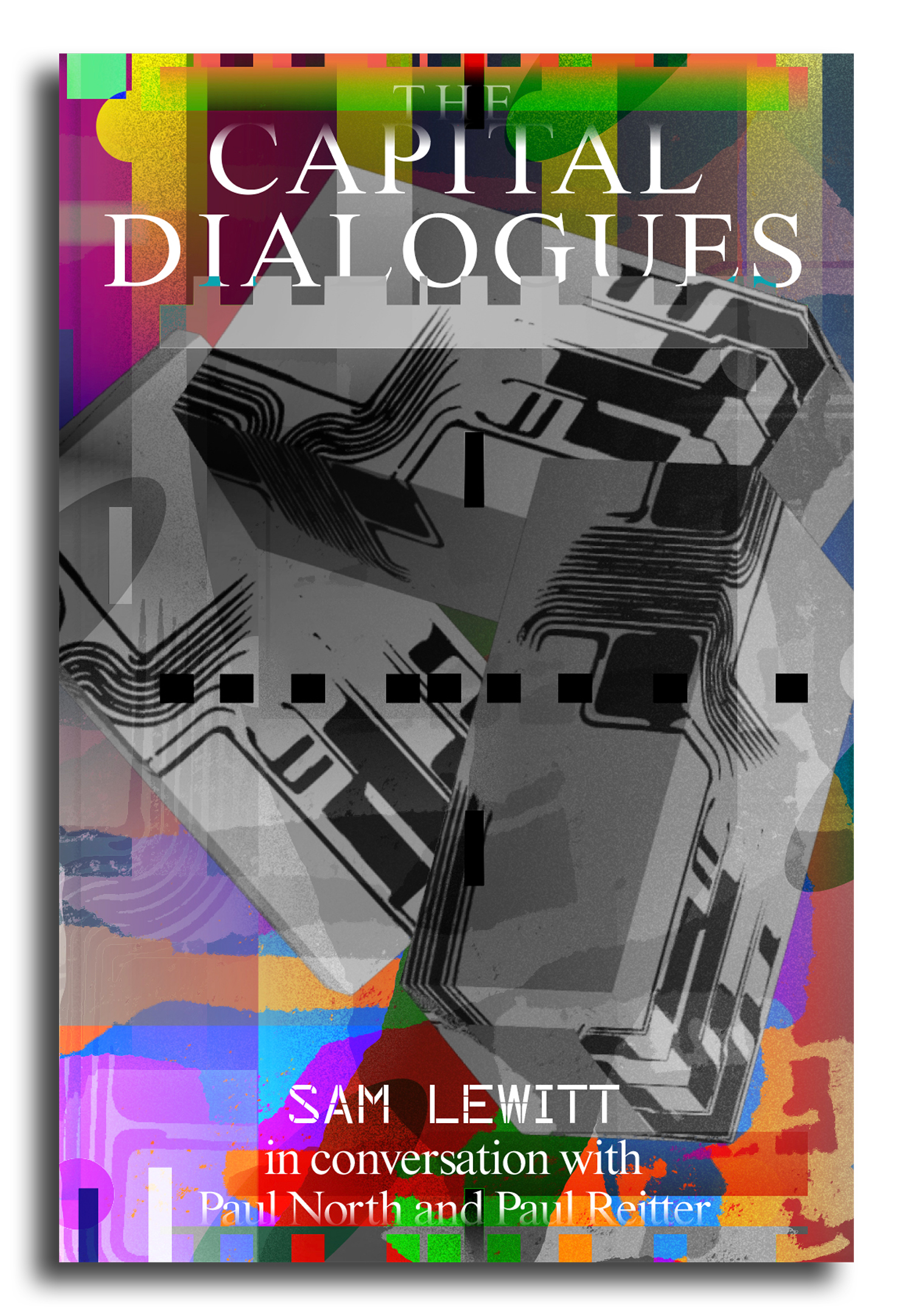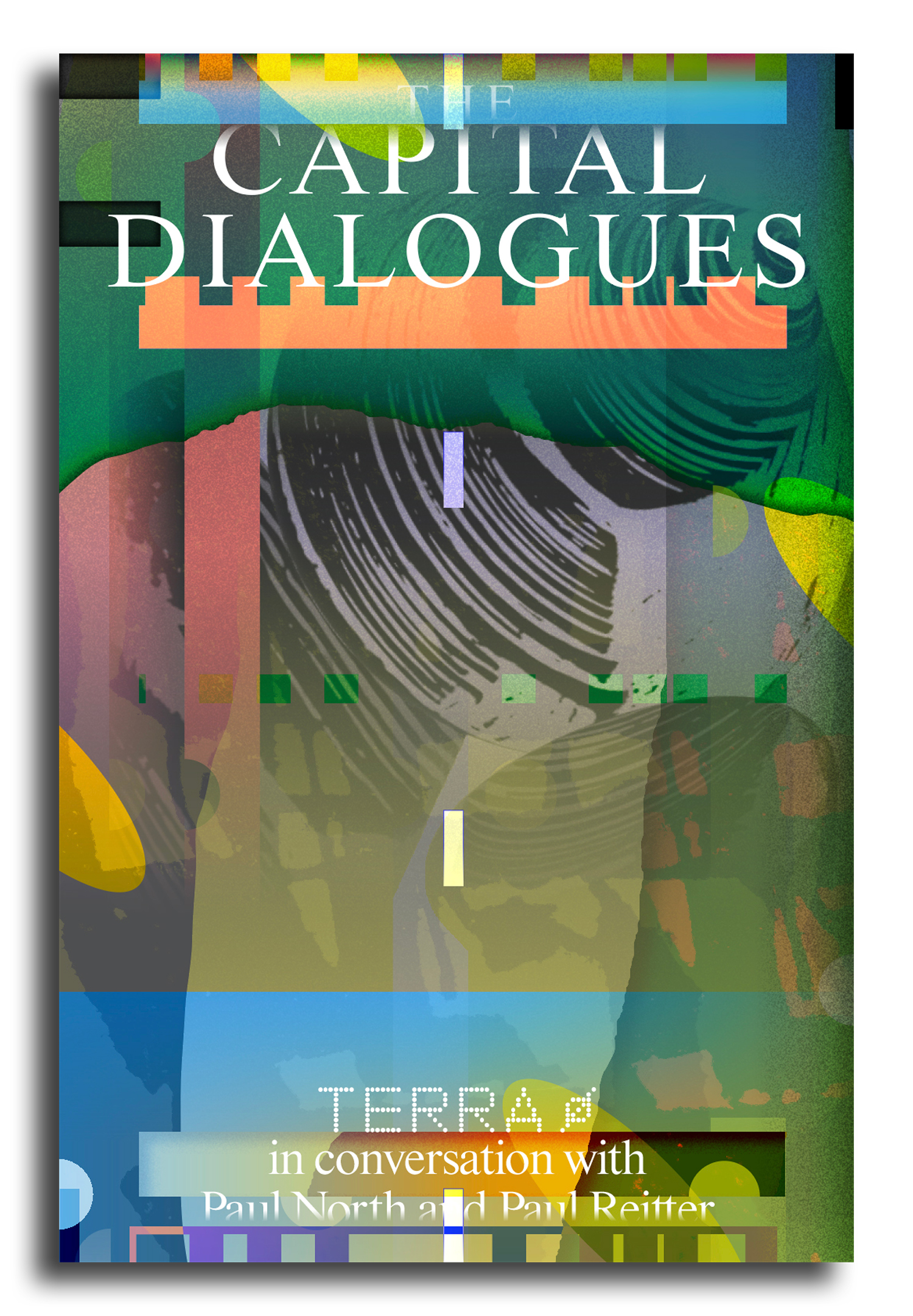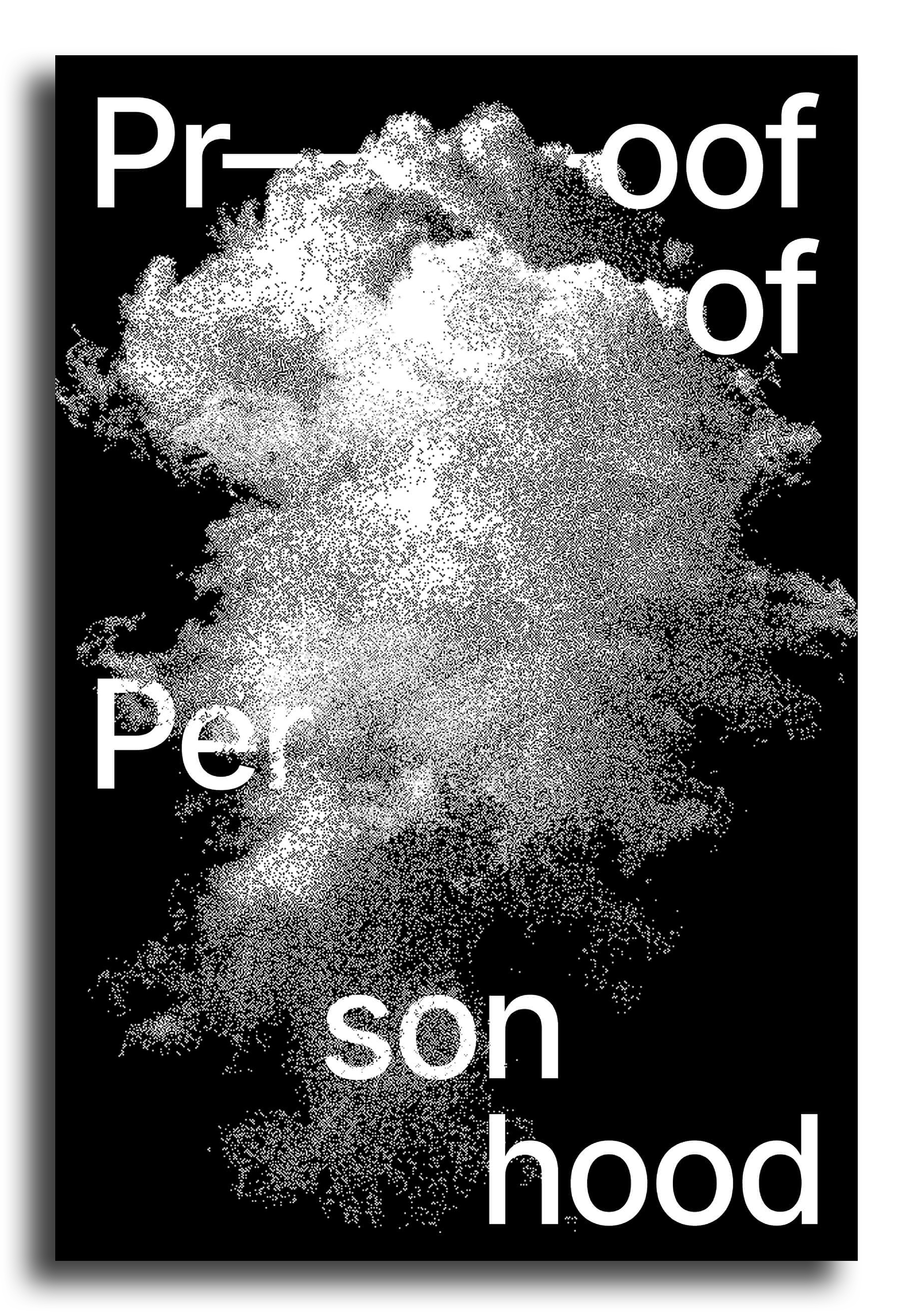
The Capital Dialogues:
Sam Lewitt
Paul North, Paul Reitter, Sam Lewitt
Designed by Chris Lee
2025
Purchase from Apple Books
Online access at Library Stack
ISBN: 978-1-7373700-6-2
The Capital Dialogues puts artists and thinkers into conversation with Paul North and Paul Reitter, who recently published their translation of Karl Marx’s Capital: Critique of Political Economy, Vol. 1 (Princeton Press, 2024). These wide-ranging discussions trace the resurgent wave of interest in Marx within the visual arts field, mapping how these ideas are concretized across contemporary practices. This conversation is with the artist Sam Lewitt, whose deep engagement with Marx’s writing anchors his multi-format sculptures, images and installations. Lewitt’s work is held by the Whitney Museum of American Art, the Museum of Modern Art, and the Centre Georges Pompidou, among many others. His projects examine capital flows, production lines, technological obsolescence, phantom infrastructures and the artifacts of dissipating human labor. The conversation moves across Lewitt’s idiosyncratic practice, diving deeply along the way into the German literary canon, the ground-level tasks of translation, the centrality of the value-form to Marx’s writing, and the limits of art’s capacity to intervene in global circuits of industrial production.

The Capital Dialogues:
terra0
Paul North, Paul Reitter, terra0 (Paul Seidler, Paul Kolling)
Designed by Chris Lee
2025
Purchase from Apple Books
Online access at Library Stack
ISBN: 978-1-7373700-7-9
The Capital Dialogues puts artists and thinkers into conversation with Paul North and Paul Reitter, who recently published their translation of Karl Marx’s Capital: Critique of Political Economy, Vol. 1 (Princeton Press, 2024). These wide-ranging discussions trace the resurgent wave of interest in Marx within the visual arts field, mapping how these ideas are concretized across contemporary practices. This conversation is with Paul Seidler and Paul Kolling, the collaborative group known as terra0. In 2016, they published a white paper theorizing a self-owning forest that used Bitcoin to facilitate its own economic transactions. This foundational move began an ongoing collaboration imagining new routes of critique, exchange or contact between natural resources and digital capitalism within an inherited framework of critical sculpture and land art. Seidler and Kolling both also practice as individual artists, working across installation, coding and digital media arts. The four Pauls discuss digital art and the connections between cryptocurrency and ecological collapse, alongside the degrowth movement, the autonomy of nature, and early writings by the Japanese Marxist philosopher Kohei Saito.

An Image of Colonial Violence Pulled from the Air
INTERPRT (Nabil Ahmed, Olga Lucko)
Designed by Rectangle
Produced with NN Contemporary Art, Northampton, UK
2025
Purchase from Apple Books
Online access at Library Stack
ISBN: 978-1-7373700-3-1
An Image of Colonial Violence Pulled from the Air, by the forensic investigation agency INTERPRT, proposes a new lexicon to support research, action and legal advocacy against environmental crime. Derived from more than a decade of applied investigative practice, this lexicon is structured around a series of conceptual, legal and methodological terms. The concepts section sets out the unique evidentiary challenges of representing environmental destruction. The legal terms situate the crime of ecocide and the standing of the environment within international criminal law and political theory. The methods section charts INTERPRT’s technical and computational approaches to their investigative work. Alongside this narrative description of their methodologies, the book includes visual materials from some of their recent investigations, showing these strategies in deployment. An Image of Colonial Violence Pulled from the Air aims not only to document INTERPRT’s efforts, but to provide a working toolkit for other practitioners across the environmental justice movement.

Proof of Personhood
With Gilbert Again, Maya Indira Ganesh, Angie Keefer, Alex Quicho, Noura Tafeche, William Wiebe
Designed by Synoptic Office
Published with Singapore Art Museum
2025
Purchase from Apple Books
Online access at Library Stack
ISBN: 978-1-7373700-4-8
AI futures have migrated from hyperbolic visions of finely-tuned embodied intelligences and towards cloud-based multimodal models accessed via conventional user interfaces. The early concern that machines would too-efficiently emulate the lofty, ineffable qualities of humanness has swiftly morphed into its inverse, where humans become ever more machinic, automatable, and computable. The uncanny valley runs backwards now: we feel a psychic revulsion from ourselves, who have become doomscrollers, prompt engineers, neural media psychonauts, and otherwise embodiments of our own platform avatars. The net effect has been the wholesale dissolution of “the human”—whatever that was—as a special thing.

